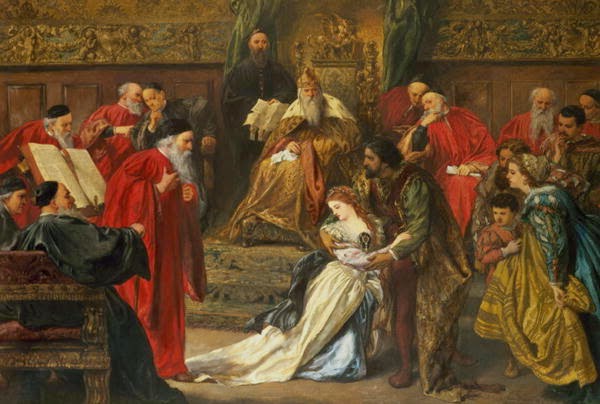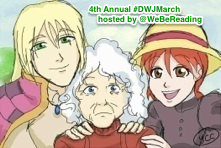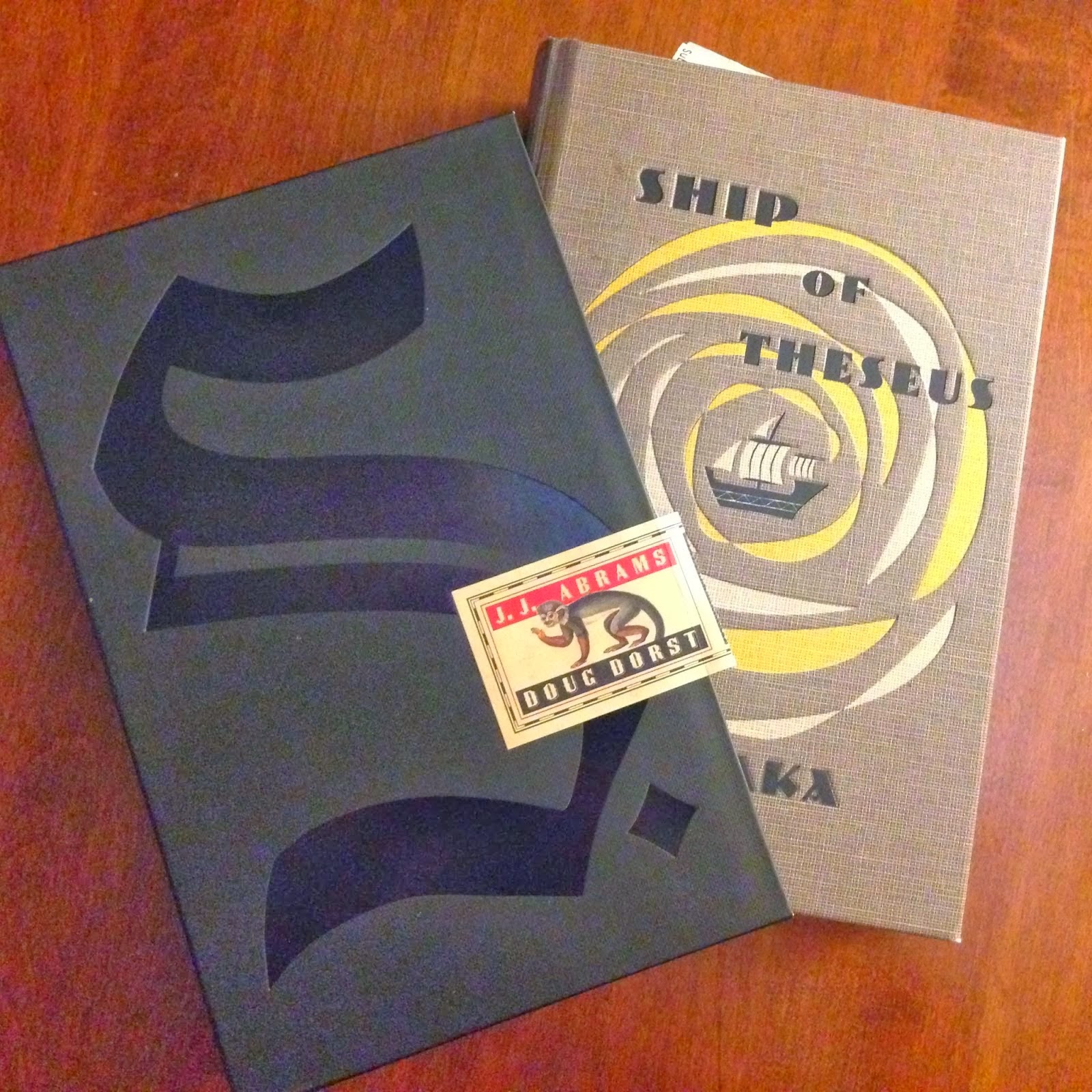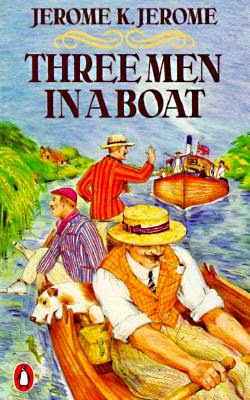No Place to Hide

No Place to Hide: Edward Snowden, the NSA, and the U.S. Surveillance State , by Glenn Greenwald A couple of years ago, a successful NSA contractor in his late 20s, Edward Snowden, collected a whole lot of top secret NSA files and revealed to the world that the super-paranoid, tin-foil hat wearing people who were convinced that the US government was keeping tabs on everyone...were not anywhere near paranoid enough. Because the NSA is keeping tabs on all of us. In fact, its explicit goal--ironically, an inefficient and ineffective one, if the stated mission is to fight terrorism--is for no phone call, email, chat message, or internet session in the US to go unmonitored. They store billions of exchanges per day, quite unconstitutionally. None of this has ever caught a terrorist attack in the planning stages. But it does ensure that we feel surveilled. Greenwald tells the story of how Snowden contacted him and how they broke the story in a series of news stor...
















